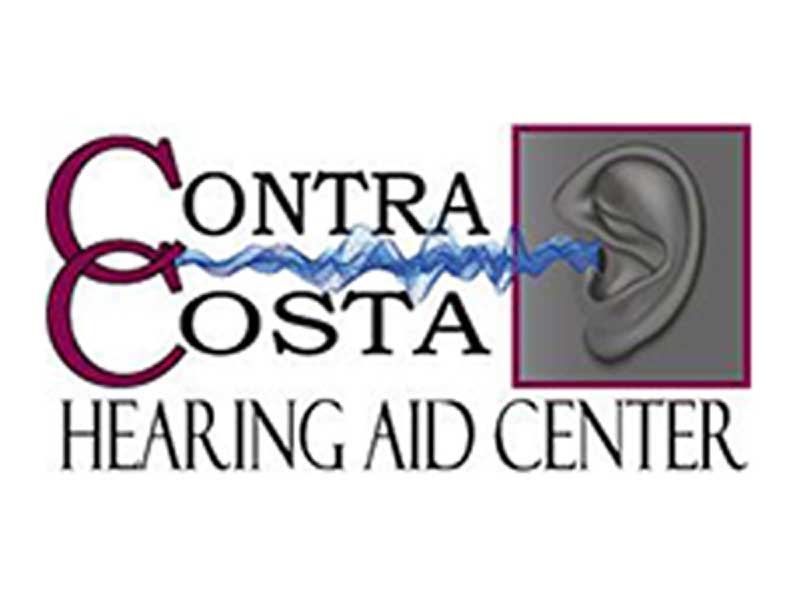Central Auditory Processing Disorder, or CAPD, is a hearing disorder in which the trouble lies not with the ears, but with the brain. With CAPD, your ears have no problem hearing sounds (especially the sounds associated with speech) properly, but something is affecting the brain’s ability to interpret these sounds. That’s why the disorder is sometimes summarized as an ear-brain coordination problem.
Central Auditory Processing Disorder affects as many as 2% to 5% of school-age children, and as many as half of the children are diagnosed as having a learning disability. Children with CAPD often cannot discern the sounds of different words even when the words are spoken loud and clear. The problem is worsened with background noise and in some cases of CAPD the child can hear well in quite environments and only has difficulty in noisy environments.
Diagnosing CAPD is difficult, because they can often hear and interpret speech well in quiet rooms. When the children’s hearing is tested, however, this is also done in quiet rooms where they have no problem hearing the pure tones generated by the test equipment. But even though their audiogram results may appear normal, children with CAPD often have difficulty locating where sounds are coming from, difficulty discerning the differences between two similar sounds, difficulty recognizing patterns of repetitive high and low sounds, and difficulty being able to hear more than one person speaking at the same time.
These symptoms may carry over into other areas of life, as the children struggle to cope with not being able to understand people speaking to them. For example, they may become easily distracted by sudden noises, have difficulty following directions, develop reading, spelling, and language difficulties, become disorganized and forgetful, or have trouble following conversations. Since standard hearing test for these children often yield normal results, these indicators are often mistaken for other disorders such as ADHD or depression. The situation is complicated by the fact that CAPD is often present along with these other disorders.
Properly detecting and diagnosing CAPD as eary in a child’s life as possible is crucial to avoid developmental delays both social and academic. Early diagnosis is key to ensuring that the condition is resolved, which is why it is important, if you have noticed any of the above symptoms in your children, to have their hearing professionally tested.
